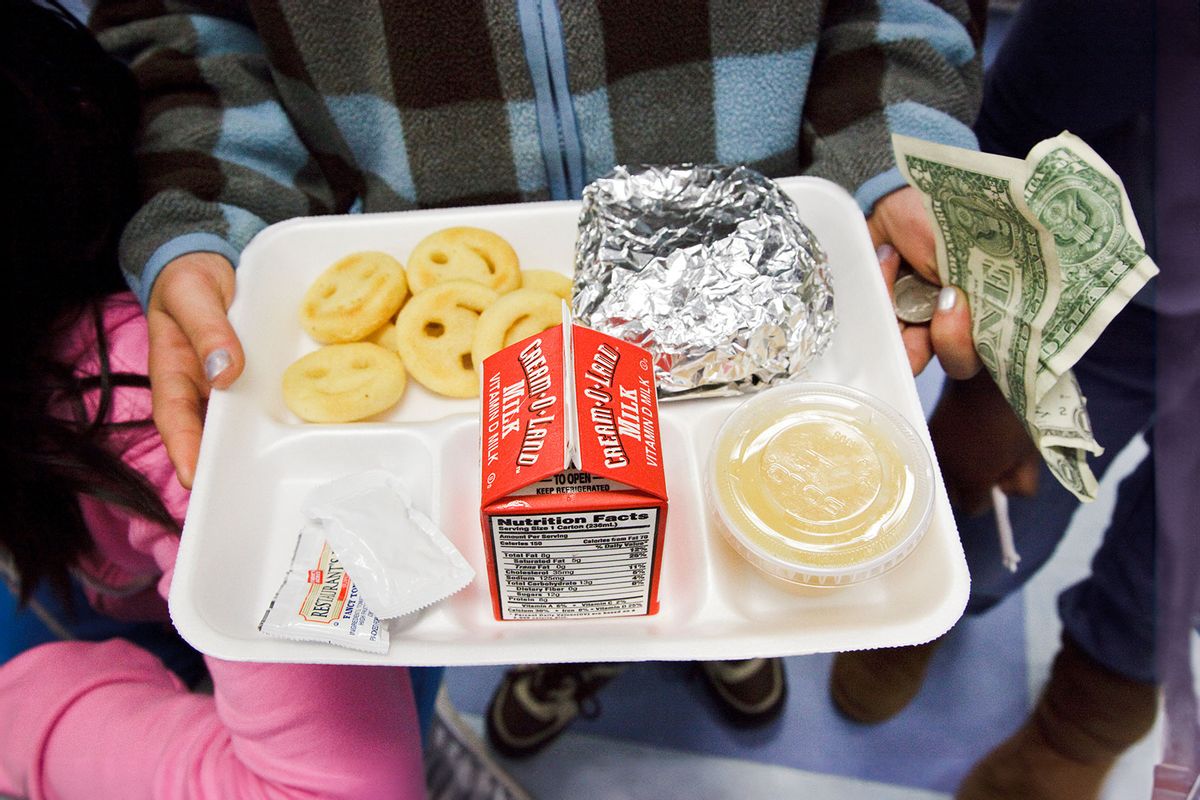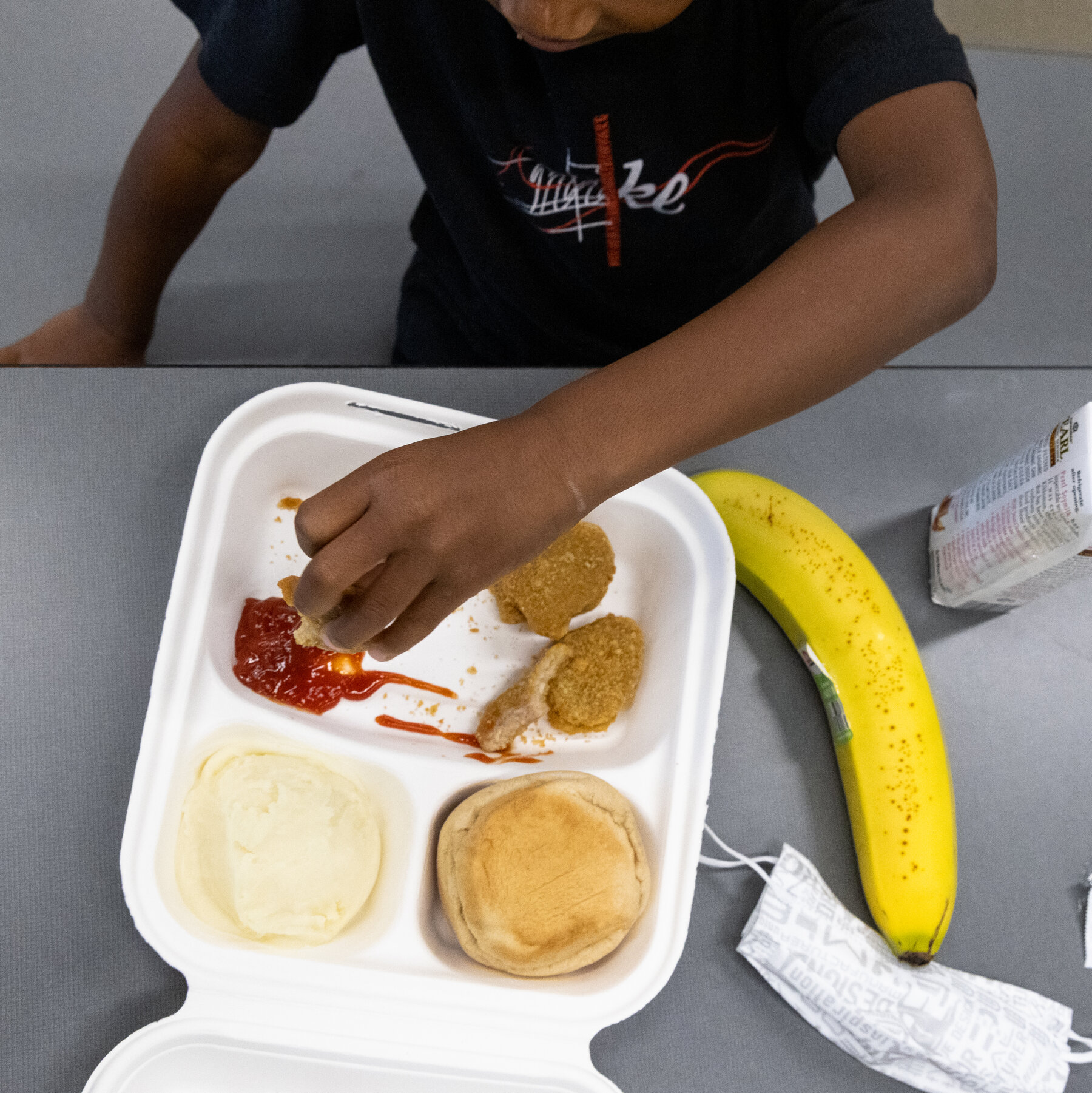A new, permanent summer grocery program aims to ensure nearly 21 million children across 37 states receive adequate nutrition during the summer months when school-based meal programs are unavailable. However, 13 states, all with Republican governors, have opted out, citing opposition to what they consider “welfare” and the administrative costs associated with the program.

The States Saying No
The states not participating this year are Alabama, Alaska, Florida, Georgia, Idaho, Iowa, Mississippi, Oklahoma, South Carolina, South Dakota, Texas, Utah, and Wyoming. Despite their current stance, these states could decide to join the program next year. Interestingly, within Oklahoma, the Cherokee and Chickasaw tribes have chosen to participate, even though the state itself has not.
One key argument against the program is the administrative costs. For instance, Iowa estimated it would cost $2.2 million to administer the program. Governor Kim Reynolds criticized the federal cash benefits, stating they don’t offer long-term solutions and fail to promote nutrition due to minimal restrictions on food purchases. Mississippi’s Governor Tate Reeves similarly rejected the program, framing it as an expansion of the welfare state. Texas officials expressed concerns about the federal government’s timeline for implementation, while South Carolina highlighted its existing summer meal programs, despite advocacy groups pointing out the ongoing food insecurity affecting approximately 150,000 children statewide.
Mixed Responses and Changes of Heart
Despite some states opting out, others initially hesitant have reversed their decisions. Louisiana, Nebraska, and Vermont initially declined to participate but later joined. Louisiana’s legislature pushed back against the initial decision, allocating $3.6 million to cover administrative costs. Vermont secured a federal waiver for more flexibility in administering the program, while Nebraska’s change of heart came after schoolchildren shared their struggles with Governor Jim Pillen.
The program’s funding is distributed through electronic benefits transfer (EBT) cards, usable at retail stores participating in the Supplemental Nutrition Assistance Program (SNAP). This ease of access is crucial for the many families already enrolled in state-administered programs. In Tennessee, the state plans to withdraw from the program in 2025, citing other available food assistance programs. This decision has sparked debate about the efficacy and necessity of the Summer EBT program in combating food insecurity.
The Impact of Food Insecurity
Food insecurity remains a significant issue in the United States. In 2022, approximately 17 million households experienced food insecurity, an increase from previous years. The USDA defines food insecurity as limited or uncertain access to adequate food. Congress permanently authorized the Summer EBT program in December 2022, after pilot programs demonstrated significant reductions in childhood food insecurity and improvements in dietary health.

Miriam Cobbs, a single mother from Missouri, praised the program as a vital resource during the summer months. Despite the political and administrative challenges, the Summer EBT program holds promise for addressing childhood hunger during the critical summer months. Advocates like Kelsey Boone from the Food Research & Action Center believe more states will commit to the program in the coming years, recognizing the long-term benefits outweigh the administrative costs.
